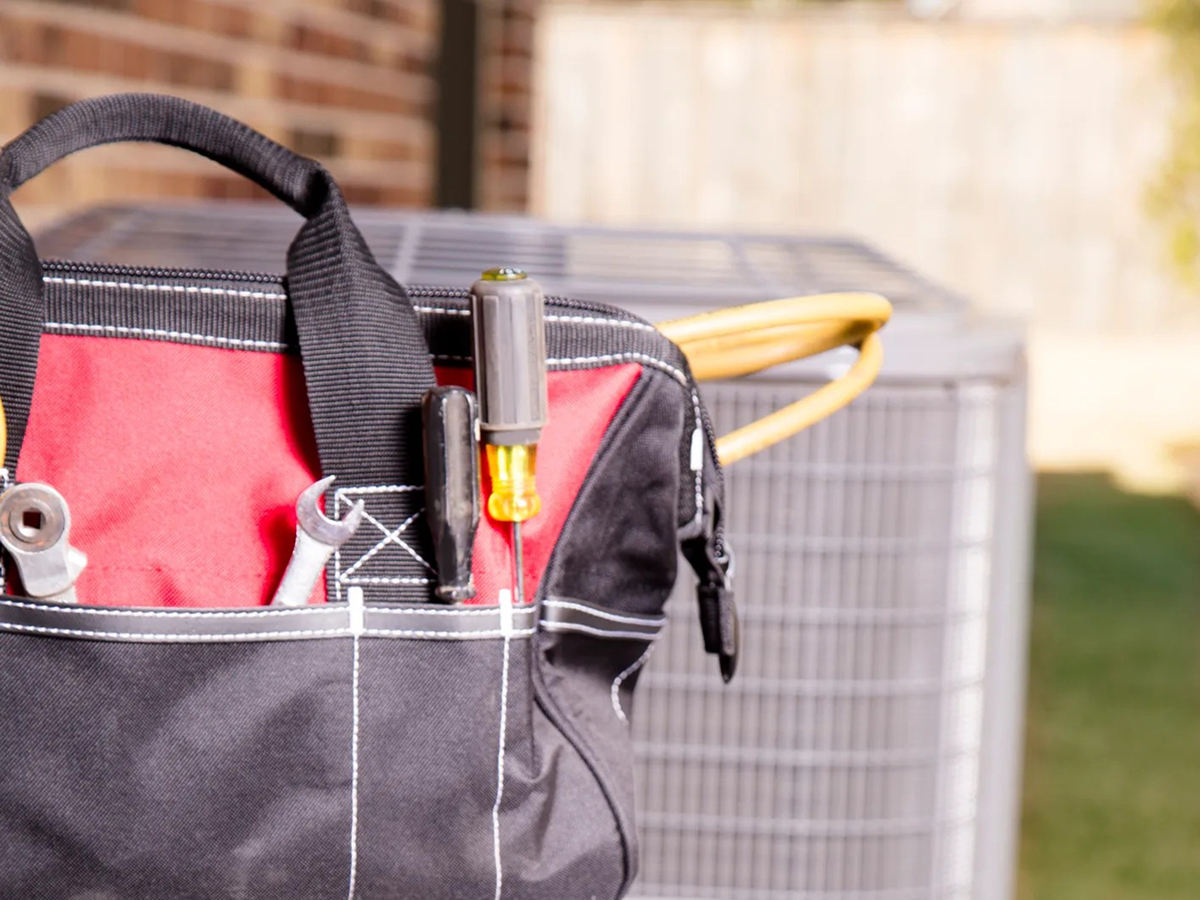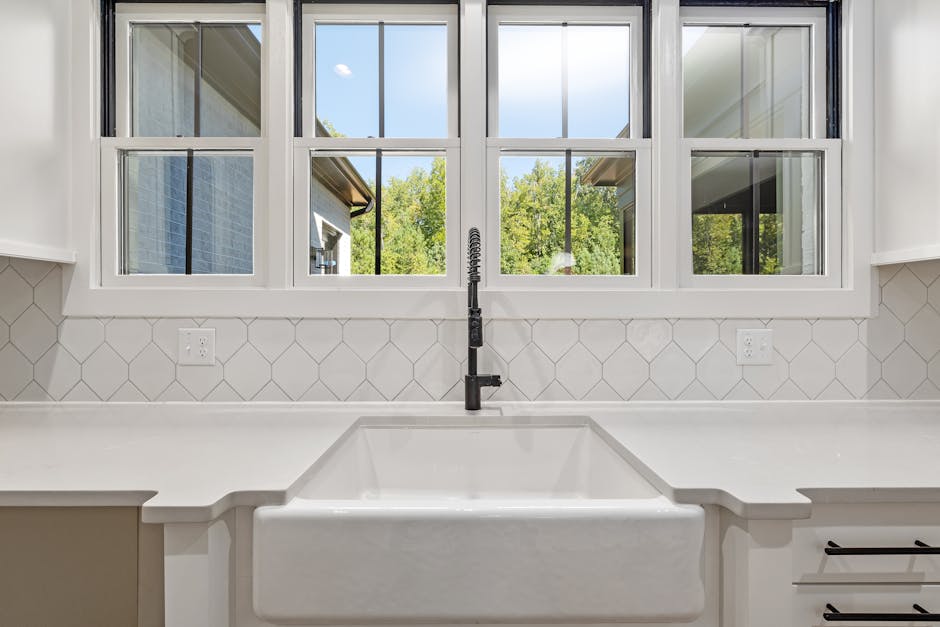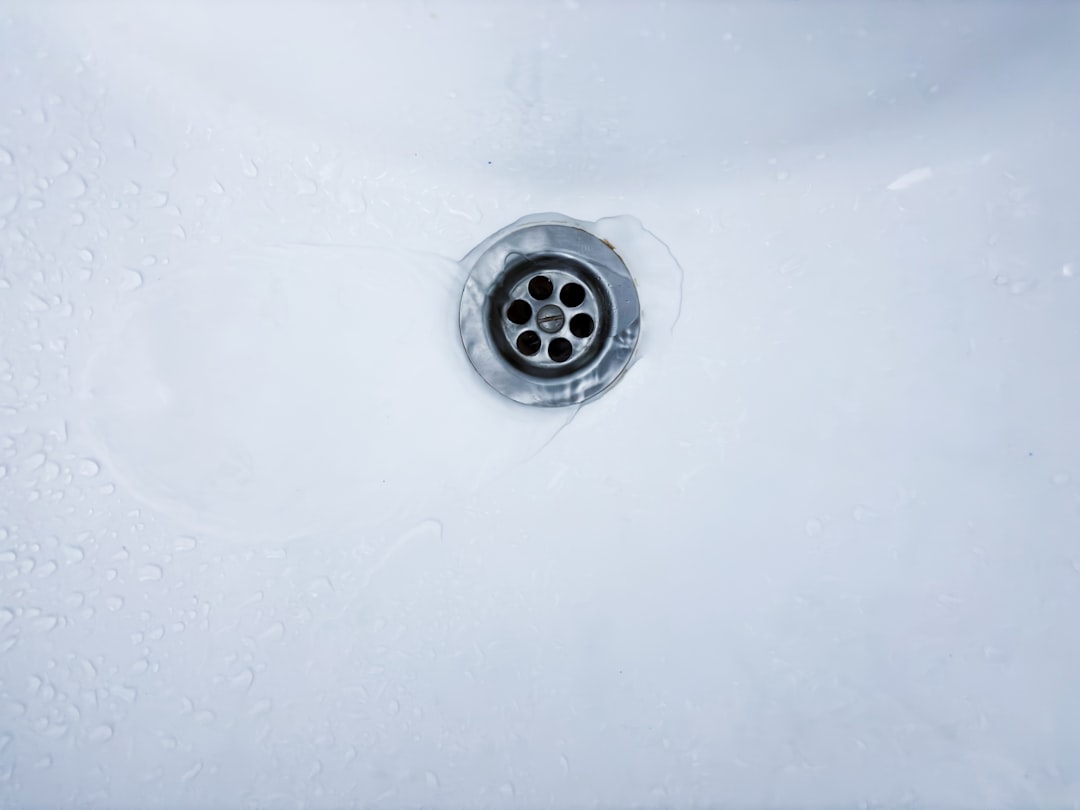
Common Signs You Need AC Fan Repair
When the Sacramento summer heat is relentless, a properly functioning air conditioning system isn't just a luxury; it's a necessity. If your AC fan isn't working, it can quickly turn your comfortable home into an unbearable sauna. Recognizing the early warning signs can save you from a complete system breakdown and costly repairs. Here are the most common indicators that your AC fan needs attention:
- No Airflow or Weak Airflow: Perhaps the most obvious sign is a complete lack of air coming from your vents, or the air that does emerge is barely a whisper. This points directly to a problem with your indoor blower fan.
- AC Unit Running, But No Cold Air: Your thermostat is set to cool, you can hear the outdoor unit humming, but the air coming out isn't cold at all. This often means the outdoor condenser fan isn't dissipating heat, or the indoor fan isn't distributing the cooled air.
- Outdoor Unit Fan Not Spinning: Take a look at your outdoor condenser unit. Is the large fan on top completely still while the compressor hums loudly? This is a clear sign of a condenser fan issue, leading to heat buildup and potential compressor damage.
- Strange Noises: Grinding, buzzing, rattling, or squealing sounds coming from either your indoor or outdoor unit often indicate a failing fan motor, worn-out bearings, or debris hitting the fan blades. Ignoring these noises can lead to further, more expensive damage.
- Outdoor Unit Humming, No Fan Movement: If you hear a distinct hum from the outdoor unit but the fan isn't turning, it's often a sign of a bad capacitor. The capacitor provides the initial electrical boost to get the fan motor spinning.
- Higher-Than-Normal Energy Bills: An AC fan that's struggling to do its job will cause the entire system to work harder and less efficiently. This increased strain directly translates to a spike in your monthly utility costs, even if you feel no noticeable difference in cooling.
- Frequent Cycling On and Off: If your AC unit constantly turns on and off without adequately cooling your home, it could be a sign that the fan isn't moving air effectively, causing the system to short-cycle and overwork itself.
- Ice Forming on Coils or Lines: While less common for fan issues directly, a lack of proper airflow (due to a failing blower fan) can cause the evaporator coil to freeze over. This blockage further restricts airflow and can lead to significant damage.
If you notice any of these signs in your Sacramento area home, it's crucial to address them promptly. Ignoring a non-working AC fan can escalate a minor repair into a major system overhaul.
Why Sacramento Homes Experience AC Fan Issues More Often
Sacramento's unique climate and housing characteristics contribute to a higher incidence of AC fan problems. Understanding these local factors can help homeowners be more proactive:
- Extreme Heat Strain: Our notorious 100°+ summer temperatures force AC units to run almost continuously for extended periods. This constant operation puts immense strain on all components, especially fan motors and capacitors, leading to premature wear and failure. The harder the fan works to dissipate heat, the faster it can burn out.
- Dust, Pollen, and Debris from the Delta Breeze: While the Delta breeze offers some evening relief, it also carries a significant amount of dust, pollen, and other airborne debris. This particulate matter can accumulate on outdoor condenser coils, impeding heat transfer, and can even get into fan motors, causing them to clog, overheat, and fail. Indoor blower fans can also suffer from excessive dust buildup if filters aren't regularly changed.
- Pest Intrusion: Sacramento's warm climate is also conducive to various pests. Rodents, insects, and even birds can build nests or get trapped inside outdoor AC units. This can physically obstruct fan blades, chew through wiring, or damage the fan motor, leading to complete fan failure.
- Constant and Prolonged Use: Unlike regions with milder summers, Sacramento's long cooling season means AC units are in near-constant operation for several months. This prolonged, heavy use simply adds more wear and tear to critical moving parts like fan motors and their bearings, increasing the likelihood of breakdowns.
- Aging Housing Stock and HVAC Systems: Many homes in the Sacramento region were built decades ago, and while some HVAC systems have been updated, many still operate with older equipment. Older AC units often have less robust components and are more susceptible to age-related failures, including fan motor burnout and capacitor degradation.
- Electrical Surges: Summer thunderstorms, while less frequent, can cause power fluctuations and surges that might damage sensitive electrical components like fan motor windings or control boards.
These local environmental factors highlight why regular AC maintenance is so important for Sacramento homeowners. Proactive care can mitigate many of these risks and extend the life of your air conditioning system, ensuring it's ready when you need it most.
What Happens If You Ignore a Non-Working AC Fan
Ignoring a non-working AC fan is one of the most critical mistakes a homeowner can make in the Sacramento area. What might seem like a minor inconvenience can quickly escalate into a catastrophic and expensive system failure, especially when temperatures soar. Here's a breakdown of the serious consequences:
- System Overheating and Compressor Damage: The most immediate and severe consequence of a non-working outdoor condenser fan is that the refrigerant inside the unit cannot release its heat effectively. This causes extreme pressure and temperature buildup in the compressor, which is the heart of your AC system. An overheated compressor can quickly burn out, leading to a repair that can cost thousands of dollars, often nearing the price of a full system replacement.
- Loss of Cooling Capacity: Without proper airflow, whether from the outdoor condenser fan or the indoor blower fan, your home will simply not cool down. The system might run, but it won't be able to remove heat effectively, leaving you in uncomfortable, stifling conditions during Sacramento's hot summers.
- Skyrocketing Energy Bills: Even if the unit continues to run inefficiently, it will consume significantly more electricity trying to achieve the desired temperature. The AC system will struggle, cycle more frequently, and work overtime, leading to a dramatic increase in your monthly utility costs without providing adequate comfort.
- Further Damage to Other Components: The ripple effect of a failing fan can extend throughout the entire HVAC system. Lack of proper airflow can lead to frozen evaporator coils, which can damage refrigerant lines or even the indoor unit itself. Overheating in the outdoor unit can stress electrical wiring and control boards, leading to additional failures.
- Complete HVAC System Failure: Ultimately, ignoring a fan issue can lead to a domino effect of failures, culminating in the complete breakdown of your entire HVAC system. What could have been a relatively inexpensive fan or capacitor replacement can turn into the need for a brand-new AC unit.
- Unhealthy Indoor Air Quality: If the indoor blower fan isn't working correctly, it won't circulate and filter the air in your home properly. This can lead to stagnant air, increased allergen levels, and a less healthy indoor environment.
For these reasons, addressing a non-working AC fan promptly is not just about comfort; it's about protecting your investment and preventing far more costly repairs down the line. Always Affordable Plumbing strongly advises against delaying service once you detect a problem.
Frequently Asked Questions
What causes an AC fan to stop working?
Several factors can cause an AC fan to stop working, including a faulty capacitor, a burnt-out fan motor, damaged fan blades, issues with electrical relays or wiring, a malfunctioning thermostat, or obstructions like debris or pest nests. The extreme heat in Sacramento often puts extra strain on these components, leading to premature failure.
Can I fix a non-working AC fan myself?
While some homeowners might be tempted to attempt DIY repairs, AC systems involve high voltage electricity and complex components. Without proper training and tools, attempting to fix an AC fan can be dangerous and may lead to further damage to your unit. It's always safest to call a professional HVAC technician like Always Affordable Plumbing for diagnosis and repair.
Why is my outdoor AC unit fan not spinning?
If your outdoor AC unit fan isn't spinning, the most common culprits are a failed fan capacitor, a burnt-out fan motor, or a tripped circuit breaker. Less often, it could be due to a faulty contactor, wiring issues, or debris physically jamming the fan blades. The compressor might still hum, indicating it's trying to run but can't dissipate heat.
Why is my indoor AC unit (blower) fan not working?
A non-working indoor blower fan means no air is circulating through your home. This could be due to a faulty blower motor, a bad run capacitor for the blower motor, a problem with the control board, a tripped circuit breaker, or even a severely clogged air filter restricting airflow to the fan.
How often should I have my AC fan checked?
It's recommended to have your entire AC system, including both the indoor and outdoor fans, inspected as part of an annual preventative maintenance tune-up, ideally in the spring before the Sacramento summer heat arrives. This allows technicians to catch potential issues early.
What is a fan capacitor, and how does it relate to the fan?
A capacitor is an electrical component that stores energy to provide an initial jolt of power to start the fan motor and then helps it run efficiently. If the capacitor fails, the fan motor may hum but won't start, or it might run slowly and inefficiently. It's a very common point of failure for AC fans.
Can a dirty AC filter affect the fan?
Yes, a severely dirty AC filter can restrict airflow to the indoor blower fan, causing it to work harder to draw air through the system. This increased strain can lead to overheating, premature wear on the motor, and eventually, fan failure. Always change your air filter regularly.
Other Blogs
Customer Testimonials
See what our satisfied customers have to say about their experience with Always Affordable
Plumbing & HVAC.
Latest Blog Posts


Budget-Friendly Drains: Finding Affordable Cleaning in Roseville






